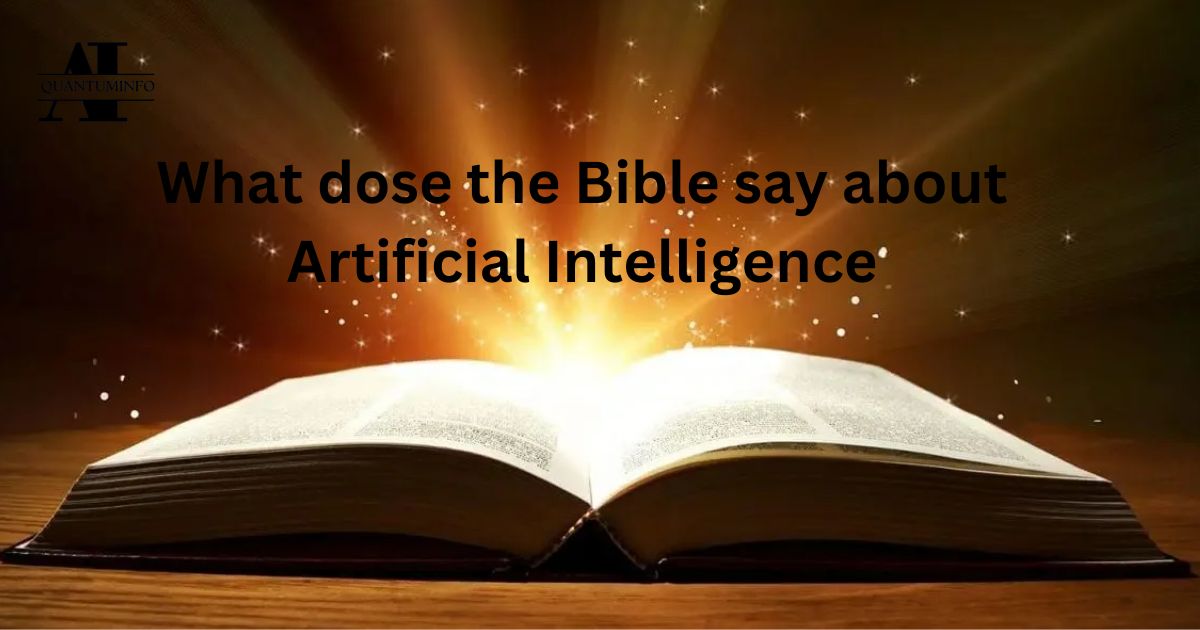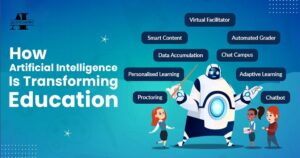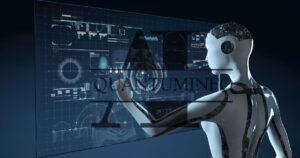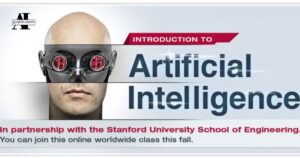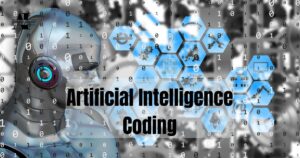The Bible, though ancient, provides timeless principles that can be applied to modern questions about artificial intelligence. Although it does not specifically address AI, its teachings on wisdom, responsibility, and the nature of humanity offer deep insights. By searching Scripture, we can uncover ethical guidelines and moral considerations related to the development and impact of AI. This journey bridges the gap between old wisdom and modern technology, offering a unique perspective on AI.
artificial intelligence (AI) reshapes our future, many are turning to timeless sources for guidance. What does the Bible say about artificial intelligence? The Bible, the cornerstone of moral and ethical teachings, offers surprising insight into the deep questions posed by AI. What does this say about the human role in creation, the acquisition of knowledge, and the ethical use of new technologies? Embark on a journey that combines the spiritual and the technological, revealing how biblical wisdom can illuminate our path in the age of AI.
Although written thousands of years ago, the Bible provides principles that can be applied to today’s technological advancements. Although the Bible does not explicitly mention AI, its teachings encourage the responsible use of knowledge, ethical decision-making, and upholding human dignity. By exploring these themes, we can gain valuable guidance for navigating the complexities of AI development and its impact on society.
Artificial intelligence in the Bible?
Artificial Intelligence (AI) is a modern concept not directly mentioned in the Bible. However, several principles from the Bible can be related to AI.
The Bible emphasizes wisdom and knowledge. For instance, King Solomon is renowned for his wisdom, which he used to govern and make decisions. AI aims to replicate human intelligence, performing tasks that require wisdom and knowledge, much like Solomon’s decisions.
Here, do you know it artificial intelligence 101
Creation is another significant theme. God created humans in His image, giving them the ability to think, reason, and innovate. When humans develop AI, they are exercising their God-given creativity and intelligence.
Ethical use of knowledge is also a biblical principle. Proverbs 2:6 states, “For the LORD gives wisdom; from his mouth come knowledge and understanding.” This suggests that knowledge, including AI, should be used responsibly and ethically.
In summary, while the Bible does not specifically mention AI, its principles of wisdom, creation, and ethical knowledge can guide our understanding and use of AI in today’s world.
Unpacking the Bible’s Take on AI

The Bible does not explicitly mention artificial intelligence (AI), a modern development. However, several biblical principles can provide insight into how we might view AI.
The Bible places great importance on wisdom and knowledge. For example, King Solomon is known for his great wisdom, leadership, and just decisions. AI, at its essence, seeks to mimic human intelligence, performing tasks that require the same kind of wisdom and judgment.
Another important theme in the Bible is creation. God created humans in his own image, giving them the ability to think, reason, and create. When we develop AI, we are harnessing that God-given creativity and intelligence, enhancing our ability to solve problems and innovate.
Here, Artificial Intelligence movie Poster
The ethical use of knowledge is an important biblical principle. Proverbs 2:6 says, “For the Lord gives wisdom; from his mouth comes knowledge and understanding.” It underscores the importance of using our knowledge, including AI, in ways that are responsible and ethical, consistent with God-given values of wisdom and understanding.
Finally, while the Bible does not directly address AI, it offers valuable principles that can guide our approach to this technology, emphasizing wisdom, creativity, and the ethical use of knowledge.
What’s the Deal with AI in the Bible?
The Bible doesn’t mention artificial intelligence (AI) because it’s a modern technology. However, we can find some related ideas and principles in the Bible that help us think about AI.
The Bible values wisdom and knowledge. For instance, King Solomon is famous for his wisdom, which he used to make fair decisions. AI tries to replicate human intelligence to perform tasks that need similar wisdom and judgment.
Creation is another important theme. God created humans in His image, giving them the ability to think, reason, and create. When we develop AI, we are using our God-given creativity and intelligence to solve problems and innovate.
The Bible also emphasizes the ethical use of knowledge. Proverbs 2:6 says, “For the LORD gives wisdom; from his mouth come knowledge and understanding.” This suggests that we should use our knowledge, including AI, in responsible and ethical ways, following the wisdom given by God.
In summary, while the Bible doesn’t directly talk about AI, it provides principles of wisdom, creativity, and ethical use of knowledge that can guide our approach to AI.
Artificial Intelligence and the Concept of Sin
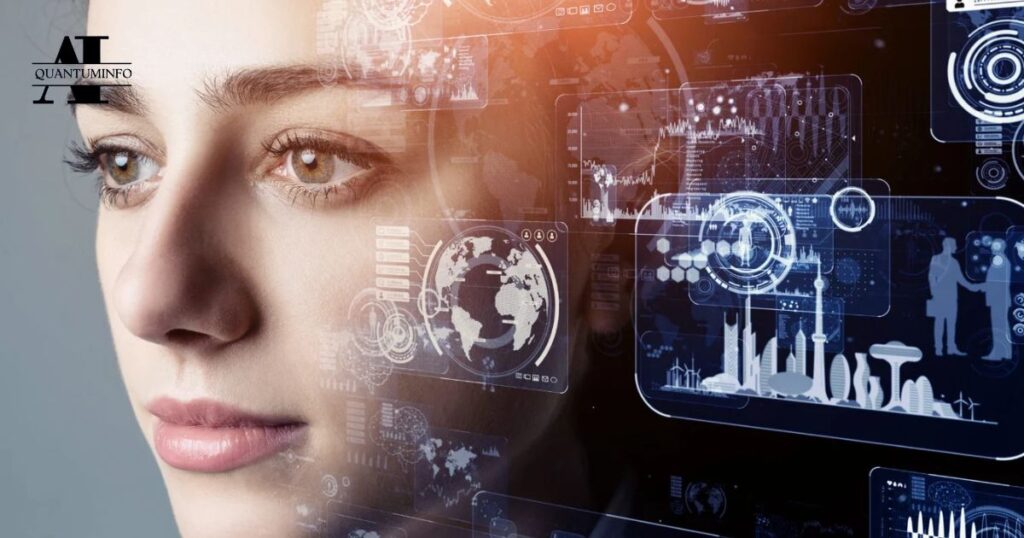
The concept of sin in the Bible involves actions that go against God’s will and moral law. While artificial intelligence (AI) itself is a tool created by humans, it raises questions about ethical use and moral responsibility.
AI can be programmed for good or bad purposes. If used for harmful actions, such as spreading misinformation or invading privacy, it reflects the potential for sin in its application. This aligns with the biblical idea that humans have free will and are accountable for their choices.
Moreover, the Bible teaches that the heart and intentions matter. Proverbs 4:23 advises, “Above all else, guard your heart, for everything you do flows from it.” This suggests that the creators and users of AI must be mindful of their intentions, ensuring that technology serves humanity positively.
In summary, while AI itself is not sinful, its use can lead to ethical dilemmas. The biblical concept of sin encourages us to act with integrity, making choices that align with moral values and the greater good.
Frequently Asked Question
Where is AI Mentioned in the Bible?
Artificial Intelligence (AI) is not mentioned in the Bible, as it is a technological development. The Bible focuses on spiritual teachings and moral principles rather than modern concepts like AI.
What Does Christianity Say About AI?
Christianity has no official stance on AI since it is a new topic. However, Christian teachings emphasize the importance of using knowledge and technology ethically and responsibly. The Bible encourages wisdom and moral integrity, which can guide the development and use of AI.
What Happens at AI in the Bible?
The term “AI” in the biblical context refers to the ancient city of Ai, which appears in the Book of Joshua. It is known for being conquered by the Israelites during their conquest of Canaan.
What Went Wrong at Ai in the Bible?
At Ai, the Israelites initially suffered a defeat due to the disobedience of Achan, who took forbidden items from Jericho. This act of sin led to God’s withdrawal of support, resulting in the first unsuccessful attempt to capture Ai. After addressing the sin, the Israelites eventually succeeded in their conquest.
Final Thought’s
While the Bible does not specifically mention artificial intelligence (AI), it offers valuable principles that can guide our understanding and application of this technology. Key biblical themes such as wisdom, ethical decision-making, and the responsible use of knowledge are particularly relevant.
The creation narrative emphasizes humanity’s unique ability to think, reason, and innovate, suggesting that developing AI is an extension of our God-given creativity and intellect. However, the Bible also cautions against the misuse of knowledge.
Scriptures like Proverbs 2:6 remind us that true wisdom comes from God, emphasizing the importance of using our skills and insights for good rather than harm. As we advance in AI technology, we must consider its societal and ethical implications, striving to ensure that it serves humanity positively. In navigating the complexities of AI, applying biblical principles can help us prioritize love, justice, and compassion.
By grounding our technological endeavors in ethical frameworks derived from scripture, we can harness AI’s potential for positive change while avoiding pitfalls associated with misuse. Ultimately, while AI is a modern development, the moral guidance found in the Bible remains profoundly relevant in shaping our approach to innovation.

